Magnesium plays a key role in the development and treatment of migraine
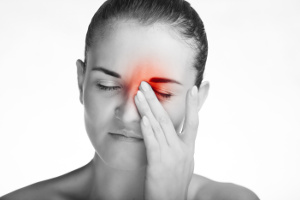 Magnesium deficiency can lead to various imbalances in the brain and nervous system and that can trigger a migraine attack. Magnesium also seems to help in the treatment of migraine, according to a review article published in Nutrients. As magnesium deficiencies are rather common, it makes perfect sense to consider taking a supplement. But it is important to choose a magnesium source that the body can easily absorb and utilize. Also, pay attention to other factors in the diet and environment that may help trigger migraine attacks.
Magnesium deficiency can lead to various imbalances in the brain and nervous system and that can trigger a migraine attack. Magnesium also seems to help in the treatment of migraine, according to a review article published in Nutrients. As magnesium deficiencies are rather common, it makes perfect sense to consider taking a supplement. But it is important to choose a magnesium source that the body can easily absorb and utilize. Also, pay attention to other factors in the diet and environment that may help trigger migraine attacks.
Read more about magnesium and its major role in the prevention and treatment of migraine
- Created on .








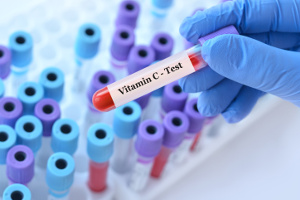 Most people are unaware of vitamin C’s key role in mental health and mood. According to a large population study that is published in Frontiers in Nutrition, having higher levels of
Most people are unaware of vitamin C’s key role in mental health and mood. According to a large population study that is published in Frontiers in Nutrition, having higher levels of 


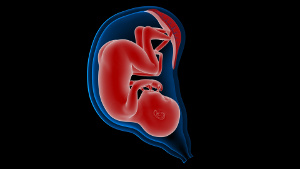

 Veganism is on the rise, and experts have different views on whether or not plant-diets are suited for children. A team of Polish scientists has now discovered that children on vegan diets have low stature and lower bone density than children who eat meat and dairy products. Children on vegan diets also are also more likely to lack amino acids,
Veganism is on the rise, and experts have different views on whether or not plant-diets are suited for children. A team of Polish scientists has now discovered that children on vegan diets have low stature and lower bone density than children who eat meat and dairy products. Children on vegan diets also are also more likely to lack amino acids, 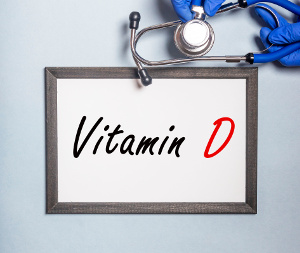
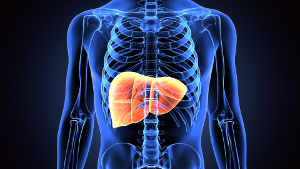 Non-alcoholic fatty liver disease (NAFLD) is a liver disease that is spreading like a bushfire. NAFLD is associated with obesity and metabolic syndrome, which is an early stage of type 2 diabetes. What you eat plays a major role, and a large Chinese study has actually demonstrated that higher dietary intake of
Non-alcoholic fatty liver disease (NAFLD) is a liver disease that is spreading like a bushfire. NAFLD is associated with obesity and metabolic syndrome, which is an early stage of type 2 diabetes. What you eat plays a major role, and a large Chinese study has actually demonstrated that higher dietary intake of  Brain cells (neurons) contain comparatively large concentrations of
Brain cells (neurons) contain comparatively large concentrations of 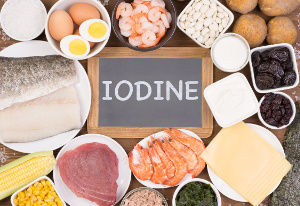 The Russian invasion of Ukraine has increased the fear of nuclear warfare or radioactive leaks from local nuclear power plants. For that reason, many people have purchased iodine tablets to protect themselves from radioactive contamination. Being relatively close to a radioactive leak creates a sudden need for very large intake of
The Russian invasion of Ukraine has increased the fear of nuclear warfare or radioactive leaks from local nuclear power plants. For that reason, many people have purchased iodine tablets to protect themselves from radioactive contamination. Being relatively close to a radioactive leak creates a sudden need for very large intake of  Minerals are involved in countless functions of vital importance to the immune defense. That is why lack of one or several minerals can increase your risk of infections or perhaps trigger unwanted inflammation that can damage healthy tissue. In a new review article that is published in Nutrients, a group of scientists look at magnesium, selenium, zinc, iron, and copper and their role in the immune system. They also look at the fact that vegans, older people, chronically ill, pregnant women, and elite athletes often have nutrient deficiencies that call for supplementation. The agricultural soil in Europe and many other parts of the world is selenium-depleted, which makes it challenging to get enough selenium from our diets. But it is also important not to overdose on minerals. In this article, you can read more about how to optimize your nutrient intake for your immune health.
Minerals are involved in countless functions of vital importance to the immune defense. That is why lack of one or several minerals can increase your risk of infections or perhaps trigger unwanted inflammation that can damage healthy tissue. In a new review article that is published in Nutrients, a group of scientists look at magnesium, selenium, zinc, iron, and copper and their role in the immune system. They also look at the fact that vegans, older people, chronically ill, pregnant women, and elite athletes often have nutrient deficiencies that call for supplementation. The agricultural soil in Europe and many other parts of the world is selenium-depleted, which makes it challenging to get enough selenium from our diets. But it is also important not to overdose on minerals. In this article, you can read more about how to optimize your nutrient intake for your immune health. Parkinson’s patients have less
Parkinson’s patients have less  The rate of autism and ADHD has exploded over the past decades, and the problem comes with an enormous human and socio-economic price tag. A study from the University of Copenhagen has shown that fish oil helps adults with autism and ADHD by improving their attention and working memory. In the study that is published in British Journal of Nutrition, the scientists look closer at
The rate of autism and ADHD has exploded over the past decades, and the problem comes with an enormous human and socio-economic price tag. A study from the University of Copenhagen has shown that fish oil helps adults with autism and ADHD by improving their attention and working memory. In the study that is published in British Journal of Nutrition, the scientists look closer at  "After about one week of taking the Q10 supplement I could feel a huge difference," says 23-year old Alan Piccini, who has been suffering from extreme fatigue and muscle aches ever since he was a child.
"After about one week of taking the Q10 supplement I could feel a huge difference," says 23-year old Alan Piccini, who has been suffering from extreme fatigue and muscle aches ever since he was a child. “Taking capsules with co-enzyme Q10 has freed me of the severe side effects of my cholesterol lowering medicine,” Mrs Franken explains.
“Taking capsules with co-enzyme Q10 has freed me of the severe side effects of my cholesterol lowering medicine,” Mrs Franken explains.